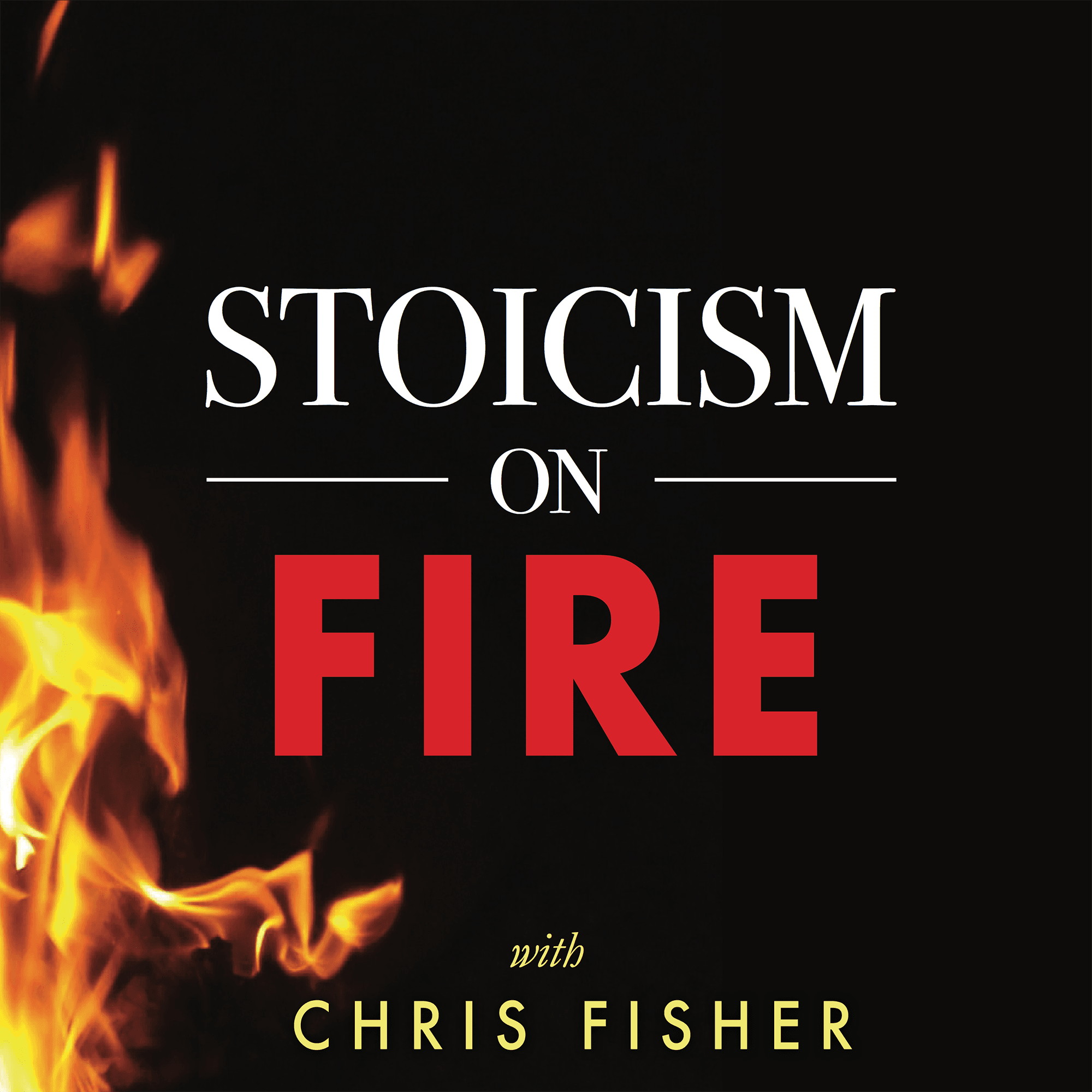What Is Important in Life? Day 4 – Episode 20
Description
A Courageous Mind for Courageous Action
What is most important? A mind that is brave and defiant in the face of calamity, not just opposed but hostile to luxury, neither courting nor fleeing danger; one that knows not to wait for fortune but to create it, to go to face both forms unafraid and undismayed, unshaken either by the turmoil of the one or the glitter of the other. (Natural Questions III, praef. 13)
As practicing Stoics, our equanimity is not derived from passivity, inaction, or avoidance of challenging and potentially troubling people and events. We do not stand by and let fate take its course. Instead, as Seneca makes perfectly clear in this passage, the Stoic is a person of action who is brave in the face of calamity and potential bad fortune. Stoic practice is not limited to the inner work discussed in the Day 3 meditation. In fact, that inner work is not an end in itself; that is not the goal of Stoicism. The goal is the development of an excellent character (virtue) and that can only be achieved through engagement with the people and events that can help us develop wisdom, courage, justice, and moderation. Ultimately, the development of that inner strength and character empowers us to engage serenely with the clamor and chaos of humanity and cosmic events so we can fulfill our role for the good of the all.
As I stated before, there are innumerable roles that can benefit the whole of humanity directly or indirectly. More often than not, we do not have to look far to discover our roles; fate typically ensures that our roles find us. This passage is not concerned with how we discern our roles; instead, it is focused on our preparedness to fulfill the roles in which fate places us. According to Seneca, a person who is fully prepared to face either good or bad fortune is “unafraid and undismayed, unshaken either by the turmoil of the one or the glitter of the other.” Such people possess three characteristics; they are:
1. Brave and defiant in the face of calamity
2. Hostile to luxury
3. Neither courting nor fleeing danger
Brave and Defiant in the Face of Calamity
After we build an inner citadel in our soul (Day 1), learn to see things from the cosmic viewpoint (Day 2), and learn to accept and love fate (Day 3), we are prepared to be genuinely brave and defiant in the face of calamity. As practicing Stoics, we know that external events are “not up to us” and they cannot affect our moral character (virtue), neither can they disrupt our genuine well-being (eudaimonia). Stoic practice prepares us for every circumstance and any role fate may present. This enables Stoics to be co-creators of their fate. Again, Marcus Aurelius and Cato the Younger provide marvelous examples of Stoics who maintained their excellent character while engaged in their challenging social roles. Our role may not be battling an invading horde or resisting a tyrannical leader. Instead, it may be as simple as teaching, policing, designing, building, leading, etc., within a community. Likewise, our role may be providing for and raising children to be good citizens of the cosmopolis. We sometimes overlook the fact that every role in life has psychological dangers. The specter of calamity—the potential for loss, frustration, or failure—is present in every endeavor. Therefore, the perspective of the cosmic viewpoint combined with the strength and security of the inner citadel is indispensable to provide us with the assurance that our true self—our soul—cannot be harmed by external circumstances. That is how the Stoic can be brave and defiant in the face of calamity. This is not arrogance or false bravado. Instead, it is the peace of mind and calmness of action that comes forth from a place within us that cannot be harmed by people or events.
Hostile to Luxury
Both Seneca and Marcus Aurelius turned awa
More Episodes
An interview with Will Johncock, author of Beyond the Individual: Stoic Philosophy on Community and Connection.
Published 04/03/23
Published 04/03/23
Set before your eyes every day death and exile and everything else that looks terrible, especially death. Then you will never have any mean thought or be too keen on anything. (Ench 21)
That’s an interesting list: death, exile, and everything else that looks terrible. We can all relate to...
Published 10/05/22


